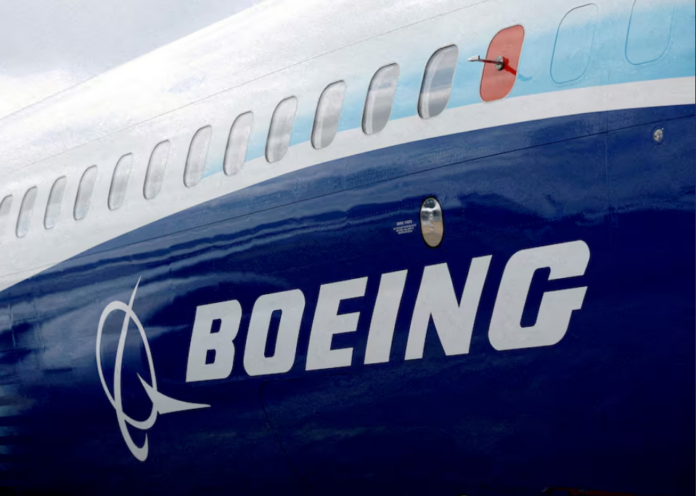A devastating crash involving an Air India Boeing 787-8 Dreamliner shortly after takeoff from Ahmedabad on Thursday has emerged as the deadliest aviation disaster in a decade, casting a shadow over Boeing’s recent efforts to restore its global reputation.
The London-bound aircraft, which carried 242 passengers and crew, went down minutes after departure from the western Indian city, with authorities confirming most on board were killed. The cause of the crash remains unknown, as aviation incidents often result from a complex combination of factors.
This tragedy marks the first-ever fatal crash involving the Boeing 787 Dreamliner, one of the most advanced wide-body jets in commercial service. The aircraft had previously faced a temporary global grounding in 2013 due to battery malfunctions, though no injuries had occurred in that instance.
The incident has dealt a serious blow to Boeing CEO Kelly Ortberg, who has been attempting to steer the company out of years of crisis stemming from safety concerns, regulatory scrutiny, and production delays. Recent signs of recovery, including meeting production targets in May and receiving renewed support from airline executives, are now in jeopardy.
Investor confidence wavered sharply on Thursday, with Boeing shares falling 4.9% following the crash. Bond markets also reacted, as the company’s 2029 notes widened by 10 basis points, trading at 88 basis points over Treasuries, according to a bond broker.
Boeing issued a brief statement acknowledging awareness of the crash and said it was working to gather further information.
Shares of key industry partners also dipped in response. Spirit AeroSystems and GE Aerospace—which supplies jet engines for the 787—both saw share prices fall by approximately 2%.
GE Aerospace confirmed it had activated its emergency response team and pledged cooperation with investigators. However, it did not confirm whether the crashed Air India jet was powered by its engines and did not respond to follow-up inquiries from Reuters.
Market analysts, including Chris Beauchamp from IG Group, described the share slide as a “knee-jerk reaction,” but said the event has revived deep-rooted concerns about Boeing’s safety record.
The U.S. planemaker has been under heightened scrutiny since the 737 MAX crisis, which included two fatal crashes, multiple groundings, and a more recent mid-air door plug failure on a 737 MAX 9 in 2024 that once again raised questions over manufacturing quality and oversight.
Thursday’s tragedy now puts further pressure on Boeing and its leadership as global regulators and airline partners watch closely for answers.




